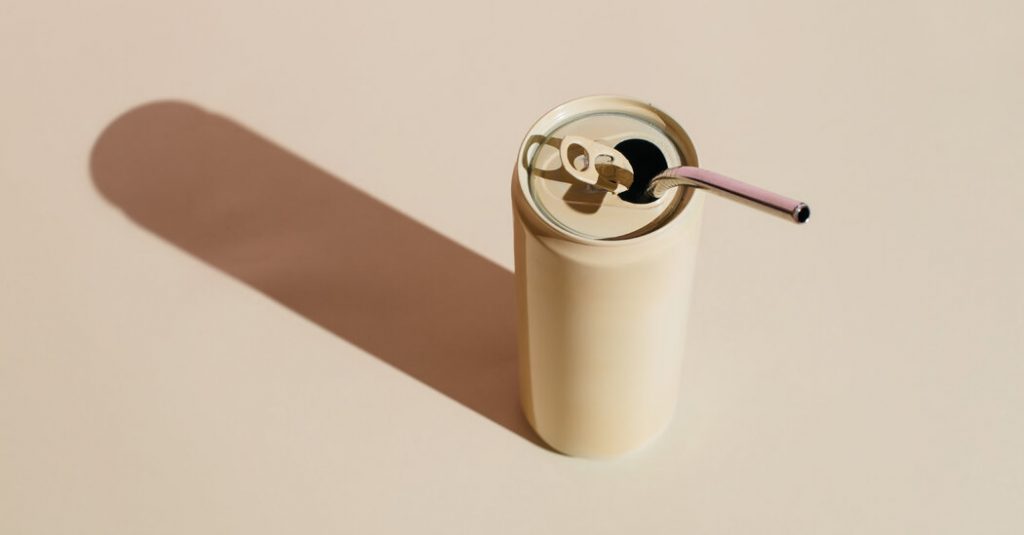
A quick peek at the nutrition labels of a dozen popular de-stressing drinks reveals just five to 25 milligrams of CBD per container. (According to the Food and Drug Administration, “it is currently illegal to market CBD by adding it to a food or labeling it as a dietary supplement.” But some states allow products containing CBD to be sold. New York, for example, permits up to 25 milligrams of cannabidiol per product.)
“If you’re only taking in five milligrams, you’re getting a homeopathic dose. You wouldn’t notice anything,” said Jason Busse, associate director of the Michael G. DeGroote Centre for Medicinal Cannabis Research in Ontario. Research studies that have demonstrated the benefits of using CBD tend to use much larger doses, in contrast, typically between 400 and 600 milligrams, he said. And given that just a tiny fraction of the CBD will end up reaching your bloodstream, he continued, most drinks — even those at the higher end with 25 milligrams — probably won’t have an effect on your stress levels.
The way these drinks make you feel will also depend on how they’re formulated, said Dr. Pieter Cohen, an associate professor of medicine at the Cambridge Health Alliance who studies supplements. “You can put an ingredient like ashwagandha on a label, but you can prepare the plant any which way,” he said.
Dr. Lin agreed. When adaptogens are used traditionally for stress relief, she said, they are typically taken in precise doses. “When you add some of this in a wellness drink, that means nothing to me because I don’t know the dose, I don’t know how it’s made, I don’t know the quality,” she said.
Representatives from Recess, Moment and Kin Euphorics, three popular drink brands that claim to help you relax, emphasized that their beverages aim to induce a sense of calm, not necessarily to treat anxiety disorders. And while no clinical trials have been done on these specific drinks, they said, their customers have reported lifted moods and cleared minds.
Perhaps more likely, said Marion Nestle, a professor of nutrition, food studies and public health at New York University, those people who notice a benefit may actually be experiencing a placebo effect. She compared the rise of wellness drinks to the booming supplement industry; the power of suggestion is so strong, she said, that we want to believe we’re consuming a cure, even when the evidence for it is lacking.

